
Ingleses do Rio Vermelho: A Coastal Gem in Florianópolis
Ingleses do Rio Vermelho, often simply called Ingleses, is a vibrant neighbourhood located in the northern part of Florianópolis. Known for its stunning beach, this area is a paradise for sun-seekers and water sports enthusiasts alike. The long stretch of sandy shores is perfect for sunbathing, while the clear blue waters are ideal for swimming and surfing. The beach is lined with charming cafes and bars, offering a variety of local and international cuisine, making it a perfect spot to relax and enjoy the scenic views. Beyond the beach, Ingleses do Rio Vermelho boasts a lively atmosphere with a mix of modern amenities and traditional charm. The neighbourhood is home to a diverse array of shops, markets, and boutiques where you can find everything from handcrafted souvenirs to high-end fashion. The local markets are a must-visit, offering fresh produce, seafood, and unique local delicacies that are sure to tantalize your taste buds. For those interested in exploring more of the natural beauty of the area, there are several hiking trails and parks nearby. The famous Rio Vermelho State Park is just a short drive away and offers a variety of outdoor activities, including hiking, bird watching, and picnicking. Whether you are looking to relax on the beach, indulge in some shopping, or explore the great outdoors, Ingleses do Rio Vermelho has something for everyone.
Local tips in Ingleses do Rio Vermelho
- Visit early in the morning to enjoy the beach with fewer crowds.
- Try the local seafood dishes at the beachside cafes for an authentic taste of the region.
- Bring cash as some smaller shops and markets may not accept credit cards.
- Join a guided hiking tour to explore the nearby Rio Vermelho State Park safely and learn about local flora and fauna.
Ingleses do Rio Vermelho: A Coastal Gem in Florianópolis
Ingleses do Rio Vermelho, often simply called Ingleses, is a vibrant neighbourhood located in the northern part of Florianópolis. Known for its stunning beach, this area is a paradise for sun-seekers and water sports enthusiasts alike. The long stretch of sandy shores is perfect for sunbathing, while the clear blue waters are ideal for swimming and surfing. The beach is lined with charming cafes and bars, offering a variety of local and international cuisine, making it a perfect spot to relax and enjoy the scenic views. Beyond the beach, Ingleses do Rio Vermelho boasts a lively atmosphere with a mix of modern amenities and traditional charm. The neighbourhood is home to a diverse array of shops, markets, and boutiques where you can find everything from handcrafted souvenirs to high-end fashion. The local markets are a must-visit, offering fresh produce, seafood, and unique local delicacies that are sure to tantalize your taste buds. For those interested in exploring more of the natural beauty of the area, there are several hiking trails and parks nearby. The famous Rio Vermelho State Park is just a short drive away and offers a variety of outdoor activities, including hiking, bird watching, and picnicking. Whether you are looking to relax on the beach, indulge in some shopping, or explore the great outdoors, Ingleses do Rio Vermelho has something for everyone.
Iconic landmarks you can’t miss
Fundação Projeto TAMAR Florianópolis
Discover Brazil's sea turtles: observe, learn, and support conservation at Projeto TAMAR in Florianópolis!
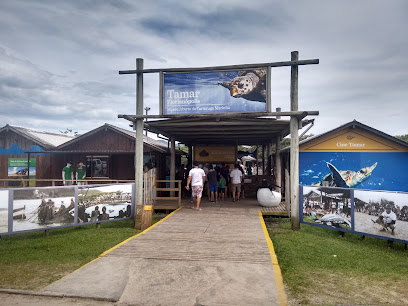
Ingleses Palace Hotel
Beachfront hotel in Florianópolis with pools, spa, and easy access to Ingleses Beach and local attractions.

Dunas Ingleses/Moçambique
Explore the stunning Dunas Ingleses/Moçambique in Florianópolis: a natural playground for sandboarding and scenic coastal views.
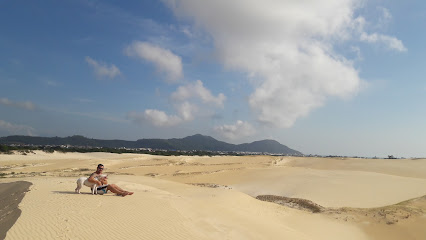
Ingleses
A comfortable hotel in Florianópolis' Ingleses do Rio Vermelho, offering easy access to the beach and local attractions.
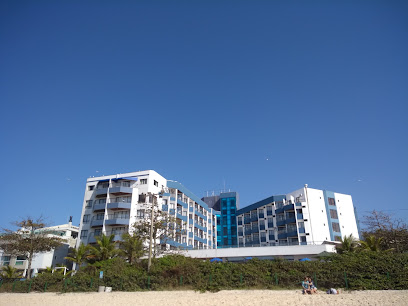
Museu do Naufrágio. ONG PAS. Projeto de arqueologia subaquática
Explore maritime history at Florianópolis' Museu do Naufrágio, featuring artifacts from a 17th-century shipwreck off Ingleses Beach.
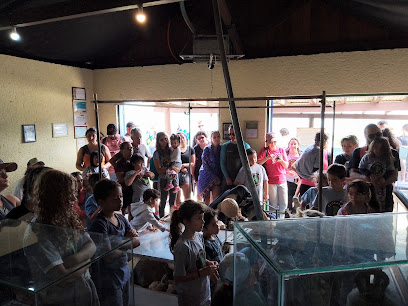
Ingleses do rio vermelho
Experience the beauty of Ingleses do Rio Vermelho, a serene holiday rental destination in Florianópolis offering stunning beaches and rich local culture.
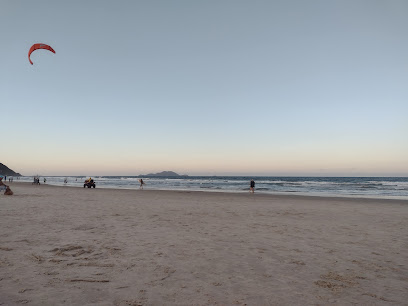
Ingleses do Rio Vermelho
Discover Ingleses do Rio Vermelho: where stunning beaches meet vibrant culture in Florianópolis's favorite coastal getaway.
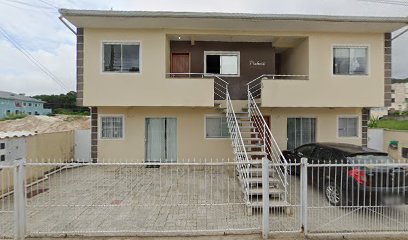
Unmissable attractions to see
Dunas do Santinho
Explore the mesmerizing Dunas do Santinho in Florianópolis: a landscape of sculpted dunes, natural beauty, and historical significance.
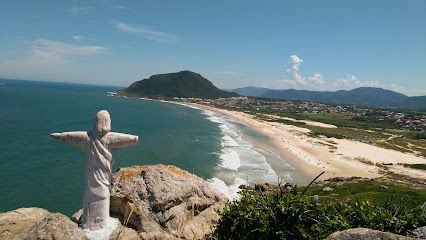
Deck Praia dos Ingleses
Experience breathtaking views and vibrant culture at Deck Praia dos Ingleses, Florianópolis' must-visit coastal promenade.
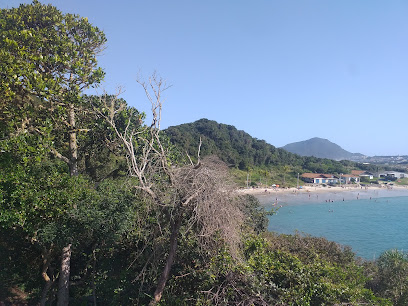
Dunas Ingleses/Moçambique
Explore the breathtaking Dunas Ingleses/Moçambique in Florianópolis: a unique landscape where nature's beauty unfolds along the coast.
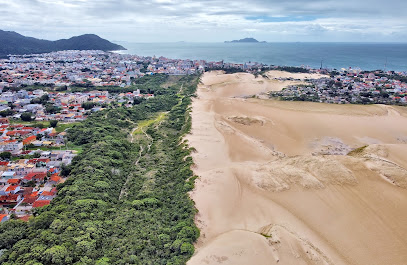
Praça Alfredo Alberto
Discover tranquility in Florianópolis at Praça Alfredo Alberto, a serene plaza with lush gardens and a vibrant community atmosphere.
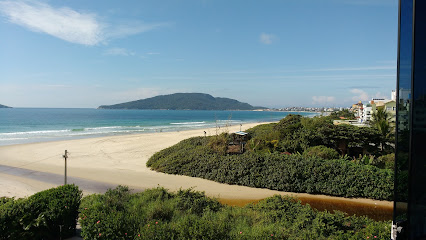
Praia dos Ingleses
Discover Praia dos Ingleses in Florianópolis: stunning beaches, lively nightlife, and rich history await!
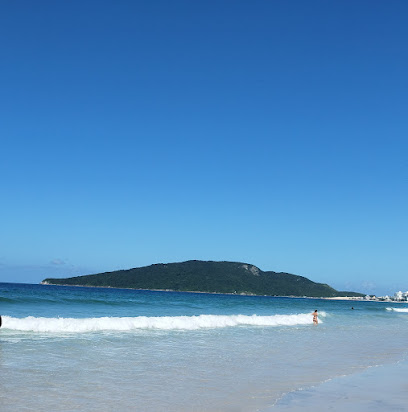
Florianopolis playa ingleses
Discover Praia dos Ingleses in Florianópolis: stunning beaches, vibrant culture, and unforgettable experiences await!
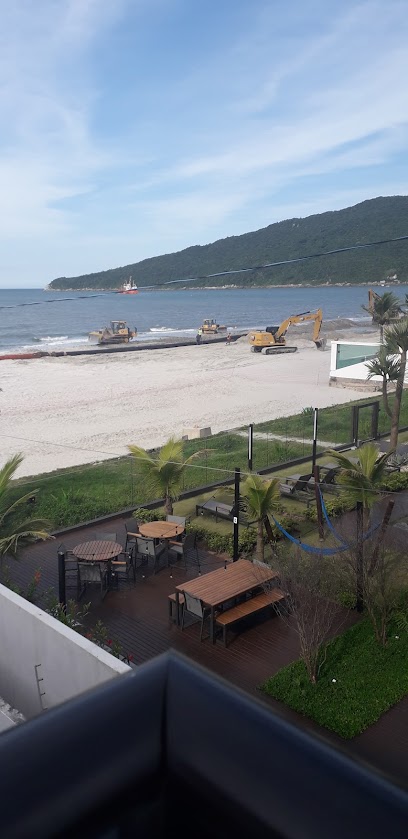
Museu do Naufrágio. ONG PAS. Projeto de arqueologia subaquática
Explore maritime history at Florianópolis' Museu do Naufrágio, home to fascinating shipwreck artifacts and stories from the 17th century.
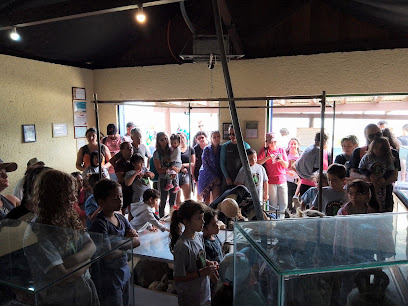
Essential places to dine
Paixão Restaurante
Discover the best seafood and Brazilian cuisine at Paixão Restaurante in Ingleses Norte, Florianópolis - a must-visit for food enthusiasts.
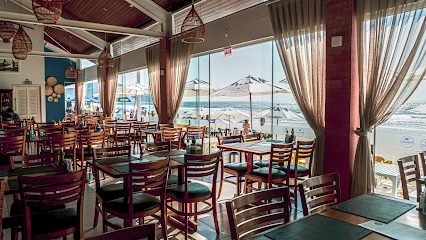
Restaurante Aladym
Discover fresh seafood delights at Restaurante Aladym in Florianópolis - where ocean views meet authentic Brazilian flavors.
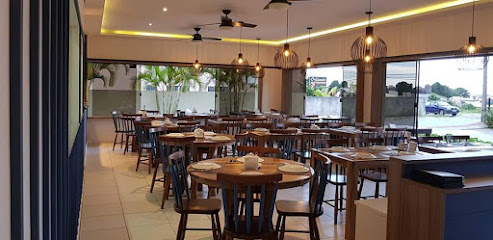
A Casa Restaurante
Discover authentic Brazilian flavors at A Casa Restaurante in Ingleses do Rio Vermelho, where every meal tells a story.
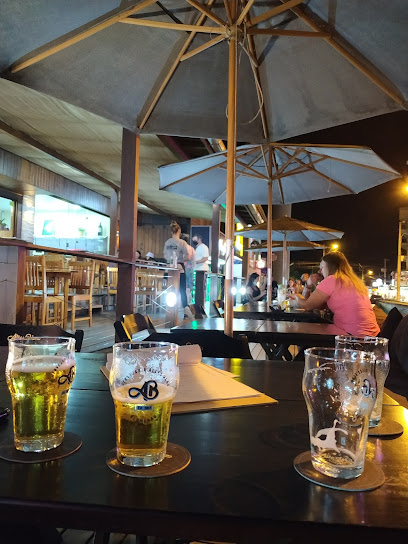
Orlando Restaurante
Discover fresh seafood and breathtaking views at Orlando Restaurante in Florianópolis – a must-visit culinary destination.
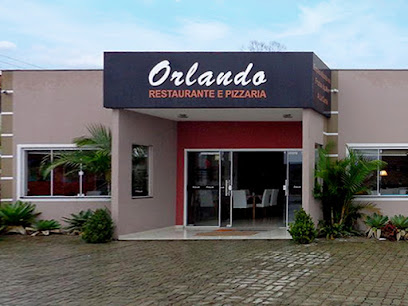
Restaurante & Petiscaria Porto Da Ilha
Experience fresh seafood delights at Restaurante & Petiscaria Porto Da Ilha in Florianópolis - where culinary traditions meet coastal charm.
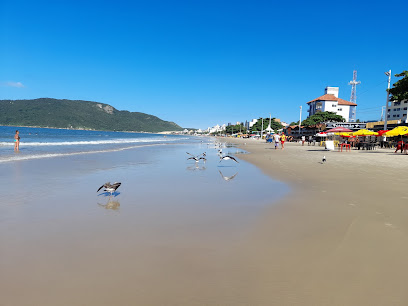
Restaurante Fechado
Savor authentic Brazilian flavors at Restaurante Fechado in Ingleses do Rio Vermelho - a must-visit for food lovers in Florianópolis.
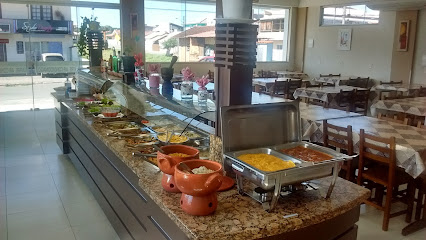
Restaurante Nei
Experience authentic Brazilian cuisine at Restaurante Nei in Ingleses do Rio Vermelho, Florianópolis – where local flavors meet warm hospitality.
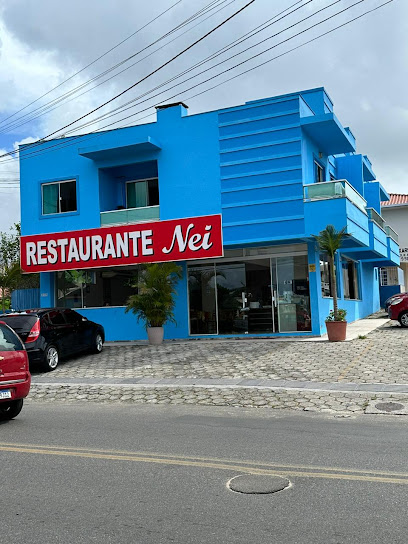
Restaurante Dona Aurélia
Discover the authentic flavors of Brazil at Restaurante Dona Aurélia in scenic Ingleses do Rio Vermelho.
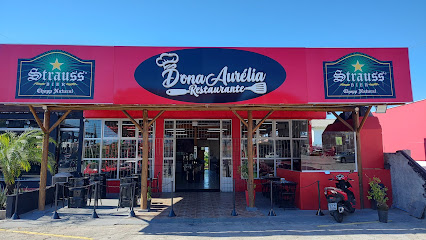
RR Bistrô
Savor exquisite Brazilian cuisine at RR Bistrô in Ingleses do Rio Vermelho, where local ingredients meet culinary creativity.
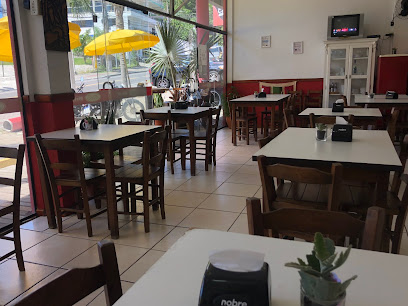
Gaudérios Restaurante
Discover authentic Brazilian flavors at Gaudérios Restaurante in scenic Ingleses do Rio Vermelho, Florianópolis.
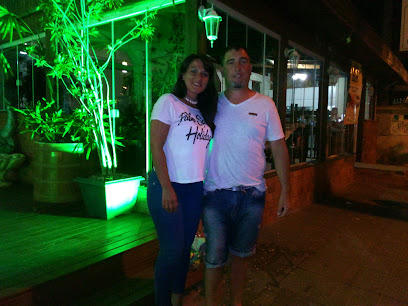
Markets, malls and hidden boutiques
Loja de presentes Center Norte Bazar
Discover unique gifts, toys, and educational supplies at Loja de presentes Center Norte Bazar, a vibrant novelty store in Florianópolis.
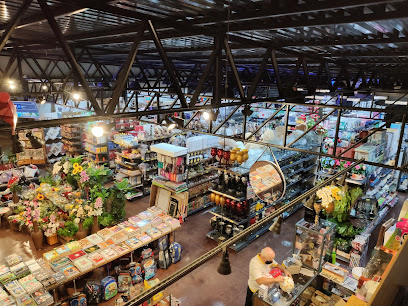
Jacque Silva Store
Discover the playful side of shopping at Jacque Silva Store, your go-to destination for lingerie, sportswear, and unique fashion accessories in Florianópolis.
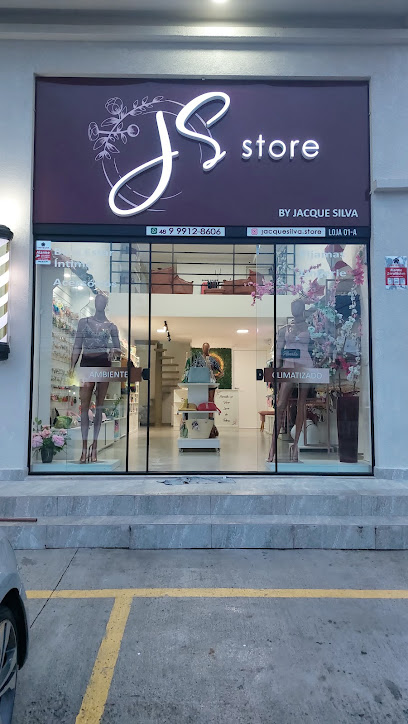
Loja Adrenalina
Explore Loja Adrenalina in Florianópolis for unique gifts and stylish clothing that embody the spirit of Brazilian culture.
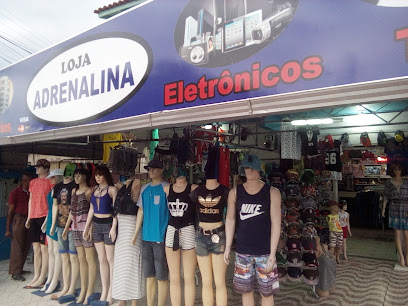
Boutique dos Presentes
Discover unique Brazilian gifts at Boutique dos Presentes, a charming shop in Ingleses Norte, Florianópolis, perfect for souvenirs and local crafts.
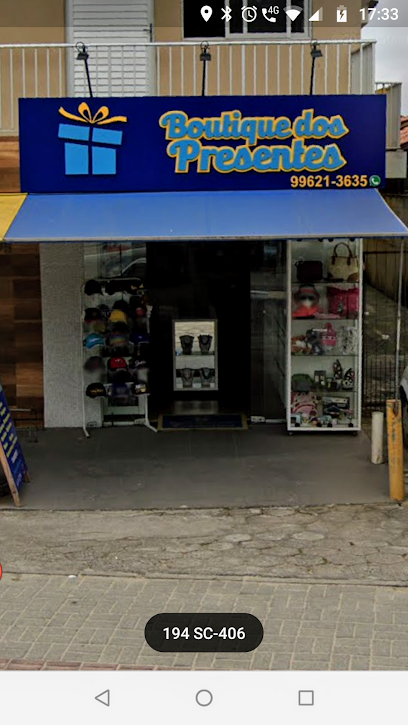
Nicy Boutique Moda Feminina
Discover unique fashion at Nicy Boutique Moda Feminina in Ingleses do Rio Vermelho, a stylish stop for tourists exploring Florianópolis.

Smart revistaria Ingleses
Explore Smart Revistaria Ingleses for unique souvenirs and local crafts that capture the heart of Florianópolis, Brazil.
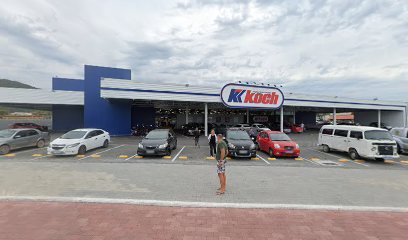
The Great Brazilian Disaster
Discover unique Brazilian fashion at The Great Brazilian Disaster, a vibrant clothing store in the scenic Ingleses do Rio Vermelho, Florianópolis.
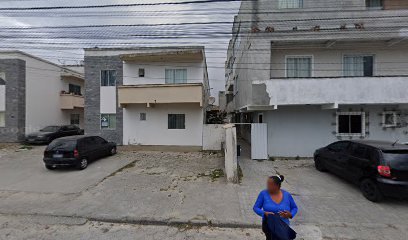
Bellamar Boutique
Explore Bellamar Boutique in the heart of Ingleses Norte, where unique fashion meets the vibrant spirit of Florianópolis.
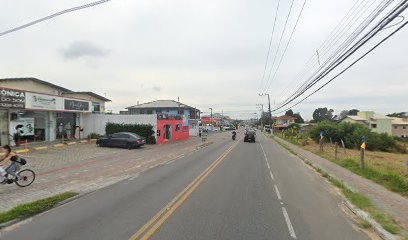
Ingleses Beach Store
Discover the perfect beachwear and accessories at Ingleses Beach Store, your go-to shopping haven in Florianópolis, Brazil.
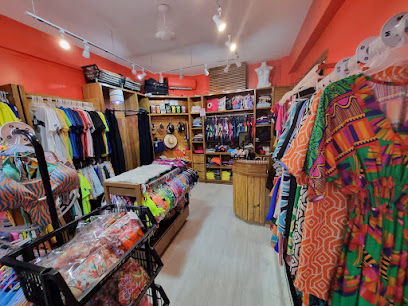
Mulheres ON
Discover the essence of local craftsmanship at Mulheres ON, a vibrant store in Ingleses do Rio Vermelho, Florianópolis, showcasing unique creations by talented artisans.
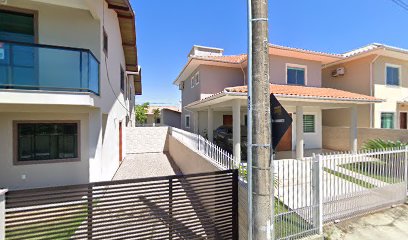
Essential bars & hidden hideouts
Cine Bar Choperia E Restaurante
Experience the vibrant flavors and lively atmosphere at Cine Bar Choperia E Restaurante in Ingleses do Rio Vermelho, Florianópolis.
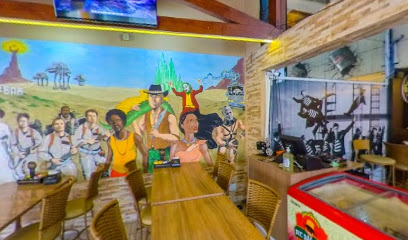
Bar do Mário
Experience the vibrant culture of Florianópolis at Bar do Mário, offering delicious food, refreshing drinks, and a cozy atmosphere.
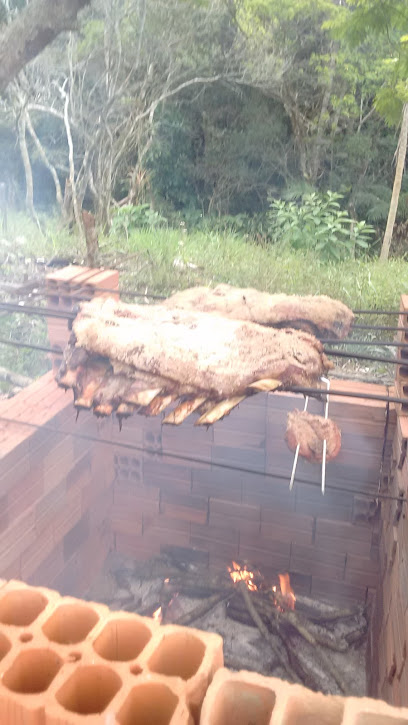
Bochas Bar
Discover the lively atmosphere and delicious drinks at Bochas Bar in Ingleses do Rio Vermelho, a must-visit for tourists in Florianópolis.
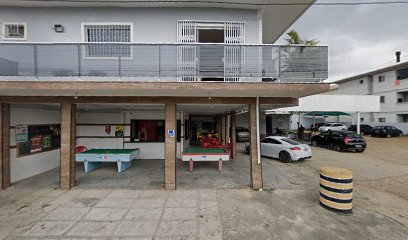
Rock in Bar Floripa
Discover the vibrant nightlife at Rock in Bar Floripa, where delicious food meets lively music in the heart of Inglês do Rio Vermelho.
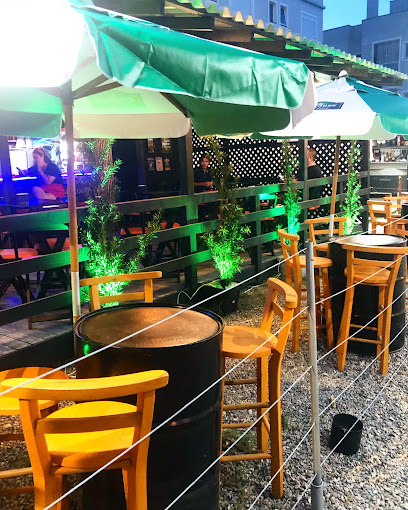
Seu Boteco
Experience the vibrant atmosphere and exquisite beer selection at Seu Boteco, the ultimate beer hall in Florianópolis for locals and tourists alike.
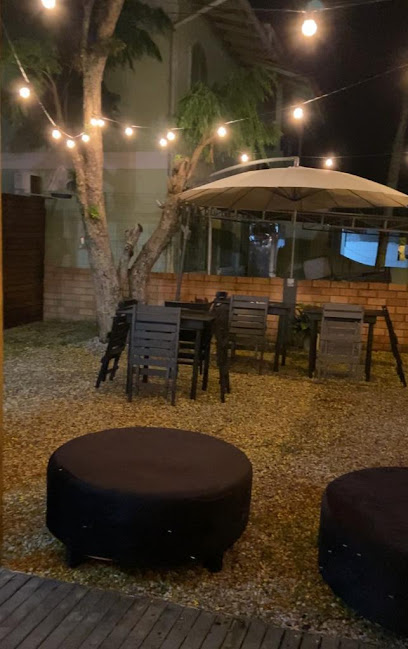
Bar Do David
Discover the vibrant nightlife of Florianópolis at Bar Do David, where local flavors and friendly vibes create an unforgettable experience.
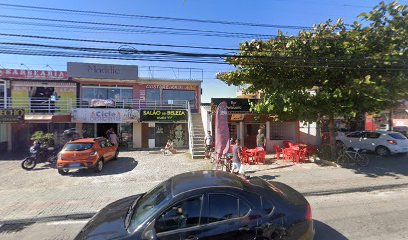
Divinus BAR & SEDE
Experience the vibrant nightlife of Florianópolis at Divinus BAR & SEDE, where cocktails and local culture blend in a lively setting.
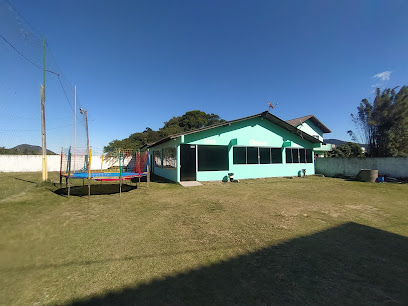
Silva's Bar E Petiscaria
Discover the lively ambiance and authentic Brazilian petiscos at Silva's Bar E Petiscaria in Florianópolis, a must-visit for every tourist.
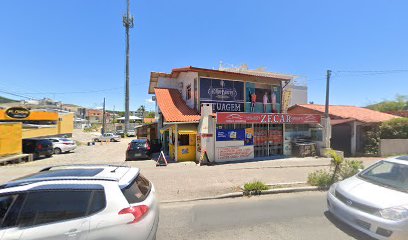
ZBar
Discover ZBar in Florianópolis: A cocktail bar offering innovative drinks and a relaxing atmosphere, perfect for unwinding after a day of exploration.
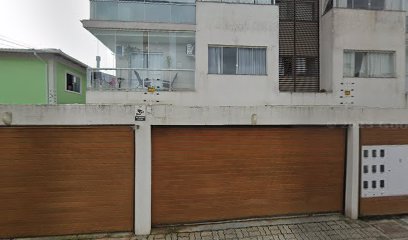
BAR DO ADRIANO
Discover Bar do Adriano in Ingleses Norte, Florianópolis – a vibrant bar offering local drinks, live music, and a taste of Brazilian nightlife.
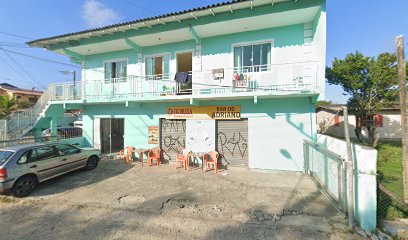
Local Phrases
-
- HelloOlá
[oh-lah] - GoodbyeTchau
[chow] - YesSim
[seem] - NoNão
[now] - Please/You're welcomePor favor/De nada
[por fah-vohr/dee nah-dah] - Thank youObrigado(a)
[oh-bree-gah-doh(ah)] - Excuse me/SorryCom licença/Desculpe
[kohm lee-sen-sah/dehs-kool-peh] - How are you?Como vai?
[koh-moh vah-ee?] - Fine. And you?Bem. E você?
[behn. eh voh-seh?] - Do you speak English?Você fala inglês?
[voh-seh fah-lah een-glehz?] - I don't understandEu não entendo
[eh-oo now ehn-tehn-doh]
- HelloOlá
-
- I'd like to see the menu, pleaseEu gostaria de ver o cardápio, por favor
[eh-oo goh-stah-ree-ah deh vehr ooh cahr-dah-pyoh, por fah-vohr] - I don't eat meatEu não como carne
[eh-oo now koh-moh kahr-neh] - Cheers!Saúde!
[sah-oo-deh] - I would like to pay, pleaseEu gostaria de pagar, por favor
[eh-oo goh-stah-ree-ah deh pah-gahr, por fah-vohr]
- I'd like to see the menu, pleaseEu gostaria de ver o cardápio, por favor
-
- Help!Socorro!
[soh-koh-roh] - Go away!Vá embora!
[vah ehm-boh-rah] - Call the Police!Chame a polícia!
[shah-meh ah poh-lee-see-ah] - Call a doctor!Chame um médico!
[shah-meh oom meh-dee-koo] - I'm lostEstou perdido(a)
[eh-stoh pehr-dee-doh(ah)] - I'm illEstou doente
[eh-stoh doh-ehn-chee]
- Help!Socorro!
-
- I'd like to buy...Eu gostaria de comprar...
[eh-oo goh-stah-ree-ah deh kohm-prahr...] - I'm just lookingEu só estou olhando
[eh-oo soh ehs-toh oh-lhahn-doh] - How much is it?Quanto custa?
[kwahn-toh koos-tah?] - That's too expensiveIsso é muito caro
[ee-so eh moo-ee-toh kah-roo] - Can you lower the price?Você pode baixar o preço?
[voh-seh poh-deh by-ee-shahr ooh preh-soh?]
- I'd like to buy...Eu gostaria de comprar...
-
- What time is it?Que horas são?
[keh oh-rahz sah-oo?] - It's one o'clockÉ uma hora
[eh ooh-mah oh-rah] - Half past (10)Meio-dia e meia
[may-oh-dee-ah ee may-ah] - MorningManhã
[mahn-yah] - AfternoonTarde
[tahr-deh] - EveningNoite
[noh-ee-chee] - YesterdayOntem
[ohn-tehng] - TodayHoje
[oh-je] - TomorrowAmanhã
[ah-mahn-yah] - 1Um
[oom] - 2Dois
[doh-eez] - 3Três
[treh-z] - 4Quatro
[kwah-troh] - 5Cinco
[seen-koh] - 6Seis
[sayz] - 7Sete
[seh-teh] - 8Oito
[oy-toh] - 9Nove
[noh-veh] - 10Dez
[dehz]
- What time is it?Que horas são?
-
- Where's a/the...?Onde fica o/a...?
[ohn-deh fee-kah ooh/ah...?] - What's the address?Qual é o endereço?
[kwahl eh ooh ehn-deh-reh-soh?] - Can you show me (on the map)?Você pode me mostrar (no mapa)?
[voh-seh poh-deh meh moh-strahr (noh mah-pah)?] - When's the next (bus)?Quando é o próximo (ônibus)?
[kwahn-doh eh ooh proh-ksee-moh (ohn-ee-boos)?] - A ticket (to ....)Um bilhete (para ....)
[oom bee-yeh-teh (pah-rah ....)]
- Where's a/the...?Onde fica o/a...?
History of Ingleses do Rio Vermelho
-
Before European colonization, the area now known as Ingleses do Rio Vermelho was inhabited by indigenous peoples, primarily the Guarani. Their presence shaped the cultural landscape of the region, with traditional practices, languages, and territorial claims that persisted until the arrival of the Portuguese in the 16th century.
-
In the late 17th century, Portuguese colonizers began settling in the region. The fertile lands of Ingleses do Rio Vermelho attracted farmers and settlers who engaged in agriculture and fishing. The establishment of small farms and ranches marked the beginning of the area’s economic development, alongside the growth of fishing communities.
-
Starting in the 20th century, Ingleses do Rio Vermelho began transforming into a tourist destination, particularly from the 1970s onwards. The region's stunning beaches and natural beauty attracted visitors, leading to the construction of hotels, restaurants, and entertainment venues. This shift significantly impacted the local economy, making tourism a vital sector.
-
The cultural identity of Ingleses do Rio Vermelho has been enriched by various local festivals, such as the Festa do Divino Espírito Santo, which celebrates local traditions and religious practices. These events highlight the community's blend of indigenous, Portuguese, and Afro-Brazilian influences, fostering a sense of unity and cultural pride among residents.
-
In recent years, there has been a growing movement towards environmental preservation in Ingleses do Rio Vermelho. Local organizations and residents advocate for the protection of coastal ecosystems, sustainable tourism practices, and the preservation of traditional fishing methods, reflecting a community commitment to maintaining the area’s natural beauty and cultural heritage.
Ingleses do Rio Vermelho Essentials
-
Ingleses do Rio Vermelho is located in the northern part of Florianópolis. To reach this neighborhood from other parts of the city, you can take a bus from the central bus terminal (Terminal Rodoviário Rita Maria) to Ingleses. The journey typically takes around 30-40 minutes, depending on traffic. For those coming from the airport, taxis and rideshare services are available, and the drive will take approximately 45 minutes.
-
Ingleses do Rio Vermelho is well serviced by local buses, making it easy to travel to nearby beaches and neighborhoods. The main bus line runs along the coastal road, providing access to other areas such as Santinho and Ponta das Canas. Bicycles are also a popular option for getting around, with several rental shops available. Walking is a great way to explore the local area, especially around the beach and dining spots.
-
Ingleses do Rio Vermelho is generally safe for tourists, but it’s wise to exercise typical precautions. Avoid walking alone at night on less populated streets and keep your belongings secure. Certain areas near the beach can be crowded, so be vigilant against petty theft. It’s advisable to stay away from isolated areas after dark.
-
In case of an emergency, dial 190 for police assistance, 192 for medical emergencies, or 193 for fire services. There are hospitals and clinics in the area, but it is recommended to have travel insurance to cover any medical needs. Pharmacies are available for minor health issues, and they typically have English-speaking staff.
-
Fashion: Do wear beach-appropriate attire, particularly during the day, but be mindful of local customs when visiting shops or restaurants. Don’t wear overly revealing clothing when not at the beach. Religion: Do respect local customs and take care when visiting religious sites. Public Transport: Do offer your seat to the elderly and be polite. Don’t eat or drink on public transport. Greetings: Do greet locals with a friendly 'Olá' and a smile. Eating & Drinking: Do try local seafood dishes and enjoy meals at communal tables. Don’t waste food or be rude to waitstaff.
-
To experience Ingleses do Rio Vermelho like a local, visit the local markets for fresh produce and traditional snacks. Engage with vendors for recommendations on local cuisine. For a unique experience, try to participate in community events or beach activities that are often organized by locals. Additionally, explore the less touristy beaches nearby for a more tranquil experience.
Nearby Cities to Ingleses do Rio Vermelho
-
Things To Do in São Paulo
-
Things To Do in Puerto Iguazú
-
Things To Do in Foz do Iguaçu
-
Things To Do in Hernandarias
-
Things To Do in Rio de Janeiro
-
Things To Do in Encarnacion
-
Things To Do in Carmen del Parana
-
Things To Do in Villarrica
-
Things To Do in Tacuarembó
-
Things To Do in Ypacarai
-
Things To Do in San Bernardino
-
Things To Do in Aregua
-
Things To Do in Asuncion
-
Things To Do in Maldonado
-
Things To Do in Punta del Este






